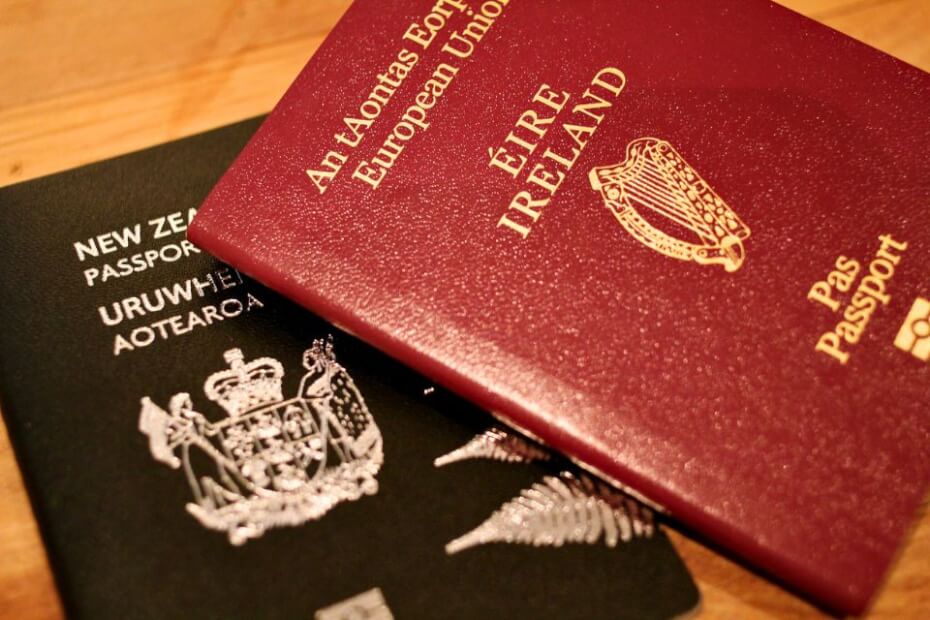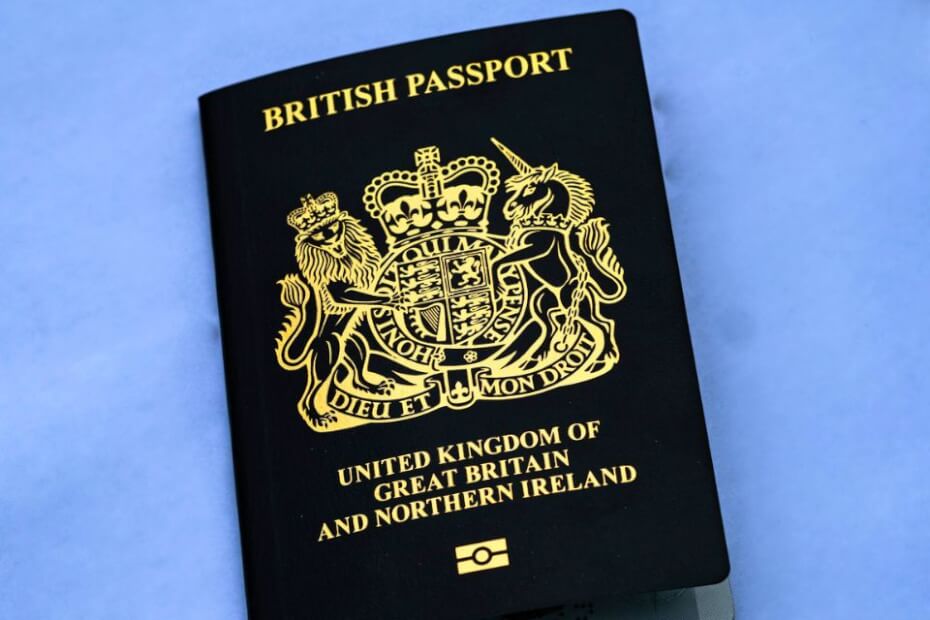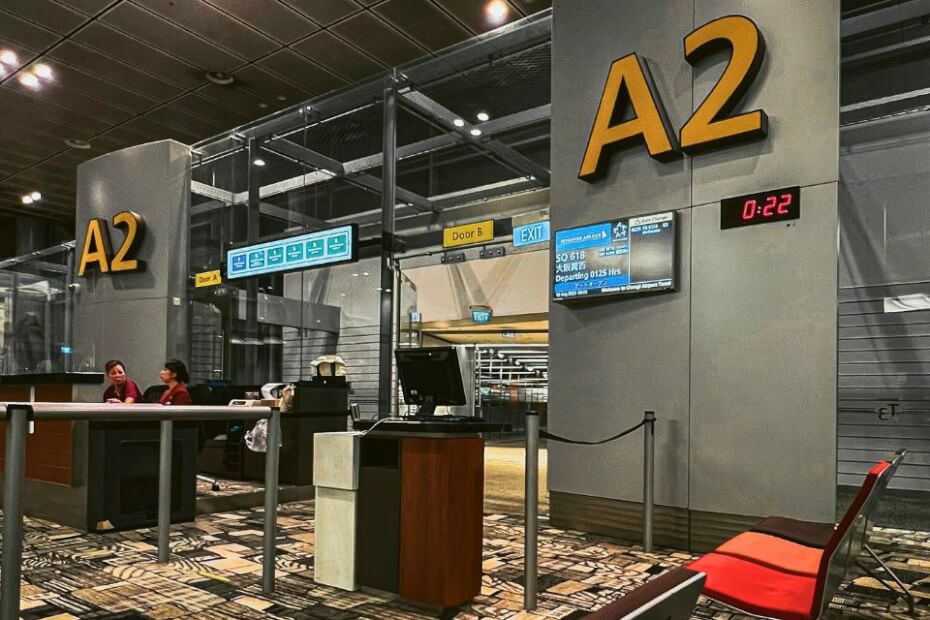
The United Kingdom (UK) Government has updated its Electronic Travel Authorization (ETA) guidance in preparation for its widespread rollout.
The October 2024 update confirms that British citizens and dual citizens with British or Irish passports do not need an ETA.
“If you are a dual citizen with British or Irish citizenship, you do not need an ETA,” the guidance stated.
This clarification offers reassurance to dual nationals who were uncertain about whether the new ETA rules applied to them.
What is the ETA and who needs it?
The UK ETA scheme is vital to the UK’s post-Brexit immigration overhaul, giving authorities better control over who enters the country.
It is not a visa but a digital travel permit required for UK-bound travelers from non-visa countries or countries with visa-waiver agreements with the UK.
Visitors from these countries must apply for the digital permission to travel to the UK before their trip.
The ETA application process is simple and involves submitting personal details and a passport photo, as well as answering security-related questions.
This allows the government to vet and pre-screen travelers and identify potential security threats before they arrive.
The application costs £10 and allows multiple trips over two years or until the traveler’s passport expires.
The ETA scheme is similar to the ETA of the United States (US) and Canada’s eTA and the European Union’s (EU’s) upcoming ETIAS.
It permits travel to the UK for up to six months for tourism, permitted business, or short-term studies.
Transit non-visa travelers and those coming to the UK under the Creative Worker visa concession must also have an ETA.
No ETA for dual citizens with British and Irish passports

Dual citizens with British or Irish citizenship do not need to apply for an ETA if traveling with their British or Irish passports.
Naturally, British citizens do not need permission to travel or return home to the UK.
The Irish exemption, on the other hand, is rooted in the UK’s commitment to maintaining the Common Travel Area (CTA) arrangement.
The CTA allows free movement across the UK, the Republic of Ireland, the Channel Islands, and the Isle of Man.
Travelers without a British or Irish passport but who have the right of abode in the UK can evidence this with a certificate of entitlement.
A certificate of entitlement confirms an individual’s legal right to live and work in the UK without needing an ETA or visa.
It is a valuable option for those who cannot use a British or Irish passport but still have a legal right to enter the UK freely.
Individuals must demonstrate their right of abode through birth, descent, or naturalization to be eligible for a certificate of entitlement.
This official document should be linked to the traveler’s passport and is valid until the passport it is linked to expires.
A certificate of entitlement is not necessary if one already holds a British or Irish passport.
Travelers with dual citizenship who do not have British or Irish passports or a certificate of entitlement must obtain an ETA if they are eligible.
This means that if a non-visa country issued one or both of a dual citizen’s passports, they must apply for an ETA for at least one of those passports.
If so, dual nationals must travel to the UK using the same passport they used when applying for an ETA.
UK ETA’s widespread but phased rollout
The rollout of the ETA started in November 2023, with Qatar citizens being the first non-visa nationals to use the scheme when visiting the UK.
In February 2024, more Gulf Cooperation Countries—Bahrain, Kuwait, Oman, Saudi Arabia, and the United Arab Emirates—started using the scheme.
On 27 November 2024, non-European non-visa nationals traveling to the UK can apply for an ETA.
The digital travel permit will be enforced for all non-European, non-visa nationals visiting the UK on and after 8 January 2025.
Beginning 5 March 2025, the scheme will be open to applications from all European citizens.
The ETA will then be mandatory for all UK non-visa travelers, including European nationals, starting in April 2025.
What dual citizens should expect about the ETA scheme

The UK ETA scheme will affect millions of travelers bound for England, Wales, Scotland, and Northern Ireland.
As with any new system rollout, travelers with British and Irish passports and British Overseas Territory citizen passports are exempt.
This means that dual citizens will find it easier to come to the UK if they travel on British or Irish passports.
If they do not have British or Irish passports, they can also secure a certificate of entitlement to prove their right to live in the UK.
More ETA exemptions include those with a UK visa, immigration status, or permission to live, work, or study in the UK.
Individuals living in Ireland and traveling to the UK via Ireland, Guernsey, Jersey, or the Isle of Man are exempted from the ETA scheme.
The UK Government assures that the ETA will provide a streamlined and secure way to travel to the UK.
As the ETA system prepares for a widespread launch, travelers should check if they need it before embarking on their journey to the UK.

